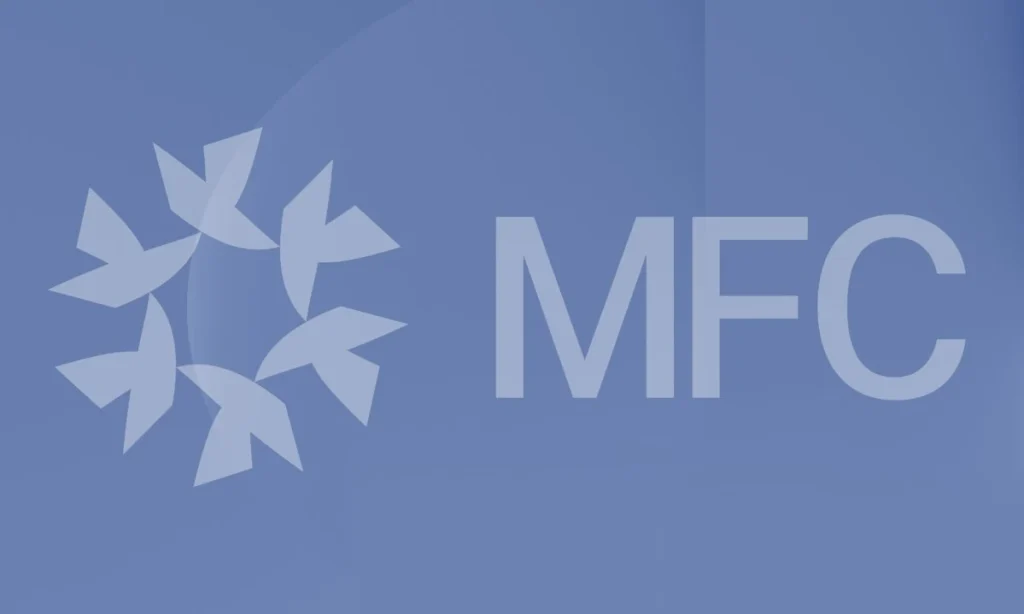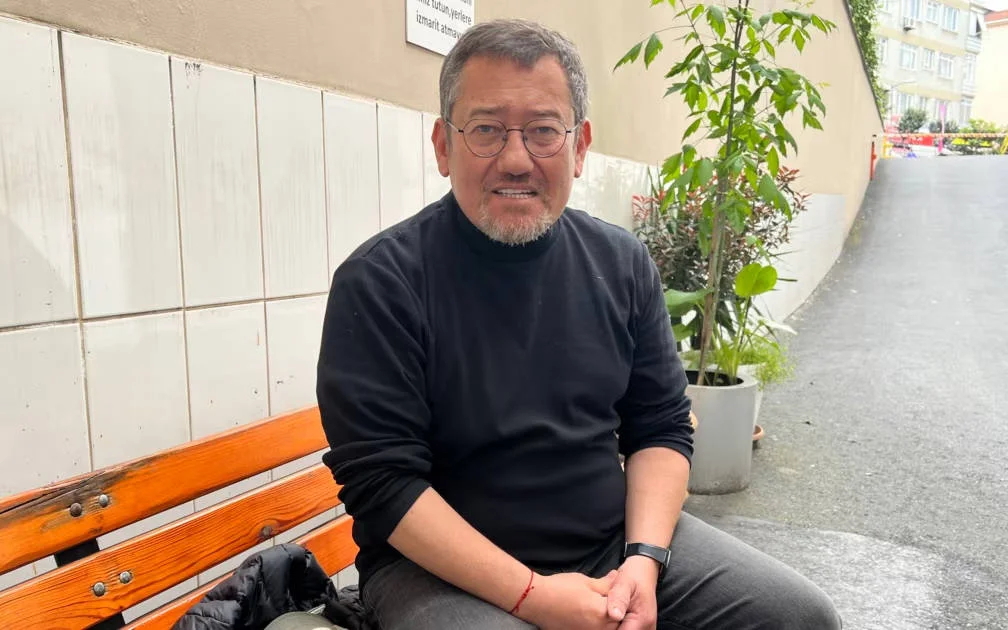
Media Freedom Coalition Warns Statement on International Day to End Impunity for Crimes Against Journalists 2025
November 3, 2025
Turkey Blocks Journalist’s X Account After Posts Criticising President’s Son
November 4, 2025November 03, 2025 – General –
An alarming trend in media staffing has sparked concern among journalism scholars, as hundreds of journalists across the United States face dismissal amid shrinking newsrooms and shifting economic models. According to an analysis shared by the media outlet, journalism professor Dr Christopher Marston warns that the wave of layoffs signals a deeper threat to the profession and to public access to reliable information.
Marston points out that when so many experienced reporters lose their jobs simultaneously, the loss is not simply individual—it erodes institutional memory, undermines newsroom capacity for investigative work, and narrows the range of voices that reach the public. He argues that outlets now face twin pressures: lower revenue from advertising and subscriptions, and increased competition from algorithm-driven content platforms. This squeeze has forced many news organizations to prioritize cost-cutting over staffing depth, he explains.
In his commentary, Marston emphasizes that journalism is not just a business but a public good. He warns that as more journalists are pushed out, the remaining workforce is stretched thinner, often covering multiple beats or being expected to produce more content under tighter deadlines. This, he says, raises risks of reduced reporting quality, diminished oversight of power, and the weakening of local news ecosystems. The professor cautions that the broader societal consequences are serious: fewer journalists available to expose corruption, fewer local investigations, and less capacity to hold public and private institutions to account.
The layoffs coincide with restructuring in major media companies that increasingly rely on digital platforms, video content, and rapid turnaround rather than deep reporting. Marston notes that the shift may change what journalism looks like and who performs it, but it should not come at the cost of the core mission: informing the public. He calls for news managers, journalism associations, and policymakers to recognize this moment as a crisis for press capacity—not just a cost challenge.
Marston’s warning underscores that when the corps of professional journalists contracts significantly, it is the public discourse that pays the price. He asserts that journalism’s role as the fourth estate requires structural support, including sustainable funding models, regulatory safeguards for independent reporting, and continual investment in human capital. Without such measures, he fears a media landscape where important stories go uncovered and journalism loses its muscle in societies that depend on it.
Reference –
https://www.theroot.com/professor-sounds-the-alarm-on-why-hundreds-of-journalis-2000071111




